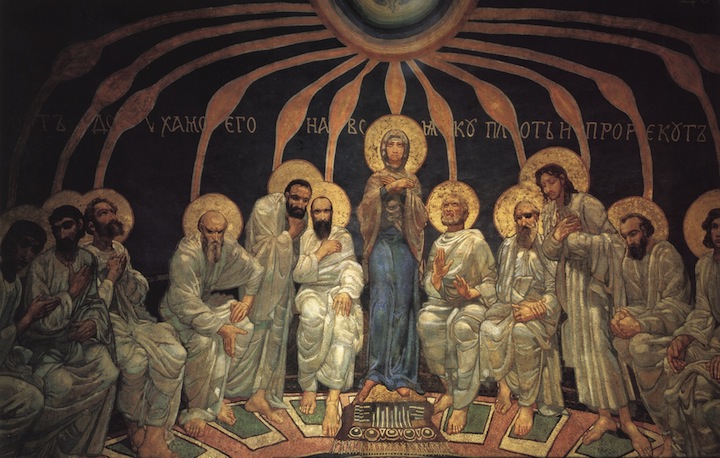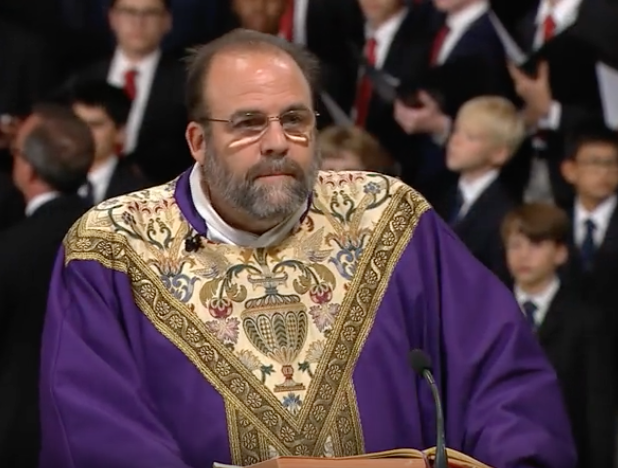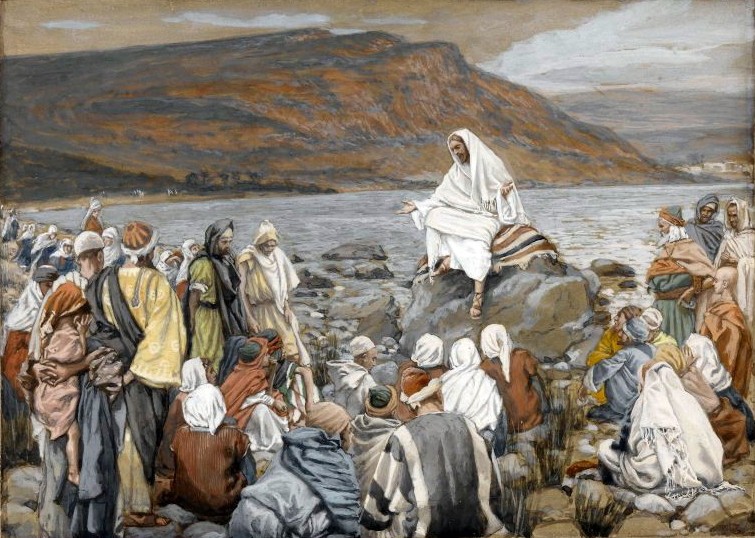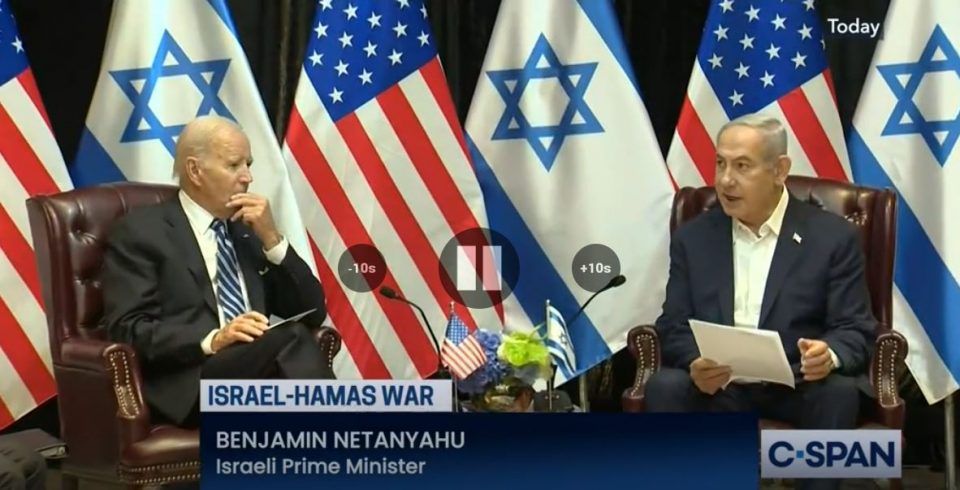Fr. Paul D. Scalia: An Inheritance of Peace

Radical Islamist Compounds in New Mexico, Alabama Were Training Children to Carry Out Terrorist Attacks, by Rachel Alexander
May 28, 2019
Msgr. Charles Pope: Four Gifts of Grace – A Homily for the 6th Sunday of Easter
May 28, 2019
*Image: Descent of the Holy Spirit on the Apostles by Mikhail Vrubel, 1885 [Church of St. Cyril, Kiev, Ukraine]
By Fr. Paul D. Scalia, First Thing, May 26, 2019
A man facing death sets his affairs in order. He makes arrangements so that his heirs will be well provided for upon his death. This is what our Lord does at the Last Supper. Making the final preparations before His Crucifixion, He leaves an inheritance to the Apostles and through them to the entire Church. Thus He gives us the Eucharist, the new commandment of love (the mandatum), the priesthood, etc.
We hear of one such gift in today’s Gospel: Peace I leave with you; my peace I give to you. Not as the world gives do I give it to you. This is part of His last will and testament, of our inheritance. Of course, “peace” is one of those words that we often use and rarely understand. What He intends here is not geopolitical peace but spiritual. Still, the classic definition used in political thought also applies: peace is the tranquility of order.
Sin has disturbed our souls, set them out of order. Our interior disquiet, in turn, causes disturbances outside of us – in the family, society, and the world as a whole. Christ’s grace within us frees our souls from the disorder of sin. He gives us an interior tranquility of order by configuring us to Himself. Once at peace interiorly, we can then (and only then) be a cause of peace for others.
Interestingly, our Our Lord says little about peace – not even a full verse. Still, the context of His words indicates its importance, and His precise phrasing reveals its distinctive nature.
Peace I leave with you. . . .His peace is left to us. It is something received, not seized or manufactured. Like Christ Himself, His peace is “begotten not made.” It is the fruit of His grace within us, and not something we attain by our own cleverness or dint of effort. We can neither think our way to this peace nor will it for ourselves. Ours is to respond to and cooperate with His grace of peace, not to create or grasp for it.
In fact, the attempt to manufacture this interior peace typically results in its exact opposite. (Serenity now!) We all know those who think they can bring about peace by their own efforts. For them, peace depends on controlling the situation. Such people not only fail to attain peace for themselves; they also disturb it for others. That is one takeaway from today’s first reading: those who insisted on their own way of salvation disturbed the “peace of mind” (Acts 15:24) of Christ’s followers. It is not in controlling Christ that we have peace but in receiving Him.
My peace I give to you. . . .Ultimately, only Jesus Christ can say this, because only He has peace to give. As both God and man, He is our reconciliation with the Father. As the risen One He has vanquished everything and everyone that threatens that peace. Thus even the peace we extend to others (cf. Mt 9:13) is not our own but what He has entrusted to us. Further, He does not give something apart from or external to Himself. His peace comes from within. Indeed, He is our peace, as Saint Paul bluntly states. (Eph 2:14)
Not as the world gives do I give it to you. The world gives conditionally, according to its own familiar standards of wealth, power, and pleasure. If we want peace on the world’s terms, then we must have those things. If we set our hearts on what the world gives, then our peace will be as fragile and unstable as the world is. Our Lord gives a peace that doesn’t depend on the things of this world and so can withstand any setbacks, sufferings, and even the worst persecutions.
The world gives by way of compromise with the truth. In effect, it gives not peace but only a truce. Or, perhaps more accurately, the world threatens conflict if we do not compromise. So we often settle for a false peace (as we do false loves and mercies) at the price of truth. Christ’s peace, however, comes from knowledge of and adherence to the truth. It is the peace that comes from knowing Him and being found in Him. (cf. Phil 3:9-10)
Finally, since the Great Novena to the Holy Spirit begins this Friday in anticipation of Pentecost, we should note the relation of Christ’s peace and the Holy Spirit. Like any other inheritance, this one becomes effective upon the death of the Giver. Unlike any other, however, this inheritance comes not as the Giver departs from us, but as He comes to us in a more powerful way, through His Spirit.
May that same Spirit increase our intimacy with Christ and bring to fruition His peace within us.
*Image: Descent of the Holy Spirit on the Apostles by Mikhail Vrubel, 1885 [Church of St. Cyril, Kiev, Ukraine]
© 2019 The Catholic Thing. All rights reserved. For reprint rights, write to: info@frinstitute.orgThe Catholic Thing is a forum for intelligent Catholic commentary. Opinions expressed by writers are solely their own.
Fr. Paul D. Scalia




